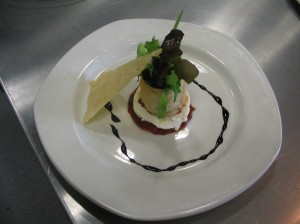Looking for authentic writing opportunities for your students? Here are some contests and other opportunities to give them real life exposure. They are in order of deadline. The last two are contests for teachers!
Our Canada Magazine
Sponsor: Reader’s Digest
Deadline: ongoing
Prizes: Free year subscription and publication
Topic: True life Canadian stories, humorous anecdotes, pictures and more
Format: up to 600 words
Open to: everyone
Link: http://www.rd.ca/ourcanada/contribute/contribute_2009.php
Hilroy Spread the Word Environmental Award
Sponsor: Hilroy
Deadline: May 18, 2012
Prizes: $5000 RESP
Topic: Environmental Action
Format: “Like” Hilroy on Facebook, then submit essay-max 250 words, and picture
Open to: Canadian Students (10-18) who need to be nominated through Facebook by someone 18 or over
Link: https://www.facebook.com/hilroy.ca/app_218359844932047
Teacher Talent Contest
Sponsor: Teach Hub
Deadline: April 30, 2012
Prizes: $1000 for First Prize, $500 for Second Prize, $100 for 3rd, 4th and 5th
Topic: Teaching or any other talent
Format: Videos up to 5 minutes
Open to: American teachers
Link: http://www.teachhub.com/teacher-talent-contest
Instructables Education Challenge
Sponsor: Instructables, Autodesk Inc.
Deadline: June 4, 2012
Prizes: MacBook Air and VGA adaptor for First Prize, other prizes available
Topic: Project Based Learning activities
Format: Videos, Photos and/or Guides
Open to: Teachers in USA, Canada, UK, Australia, Belguim, China, The Netherlands
Link: http://www.instructables.com/contest/education/?show=INFO



